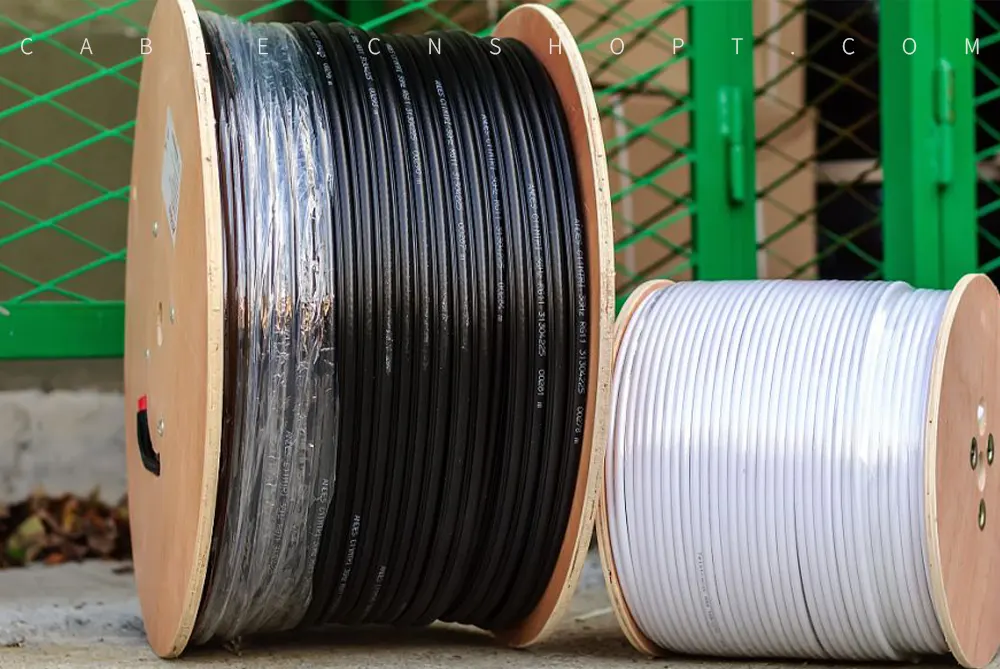Power cables are fundamental components in electrical systems, designed to transport electrical energy from one location to another. Understanding the types, features, and applications of power cables is crucial for anyone involved in electrical installations or maintenance.
Power cables are insulated conductors that carry electricity for various applications. They come in a range of sizes and configurations, tailored to meet specific power distribution needs.
Power cables are insulated to prevent electrical hazards. Common insulation materials include PVC, rubber, and XLPE (cross-linked polyethylene), each offering different benefits in terms of temperature resistance and flexibility.
Power cables typically use copper or aluminum conductors. Copper provides better conductivity, while aluminum is lighter and more cost-effective.
Power cables can be single-core (one conductor) or multi-core (multiple conductors), depending on the application requirements. Multi-core cables are often used in complex systems where multiple phases are needed.
Power cables are rated for different voltage levels, ranging from low voltage (up to 1 kV) to medium voltage (1 kV to 35 kV) and high voltage (above 35 kV).

Used to connect substations to transformers and from transformers to end-users, ensuring reliable electricity supply.
Power cables are essential in factories and manufacturing plants to supply machinery and equipment with electricity.
Increasingly used in solar and wind energy systems to transport electricity generated by renewable sources.
Power cables are used on construction sites to power tools, lighting, and temporary electrical installations.
When installing power cables, it’s essential to consider factors such as:
Ensure the cable’s insulation is suitable for the installation environment (e.g., underground, exposed to weather).
Maintain the manufacturer’s recommended bending radius to prevent damage during installation.
Perform load calculations to select the appropriate cable size to prevent overheating and ensure efficiency.
Note
Power cables are vital for any electrical system, providing the necessary connections for effective power distribution. Understanding their features and applications helps in selecting the right type for your specific needs. If you have questions about power cables or require assistance with your project, feel free to reach out!
CNSHOPT team will generally respond to your message within eight hours. If it is a weekend or a Chinese statutory holiday, there will be a delay.
We prefer you to contact us via email : info@cnshopt.com. In case of emergency, you can directly contact our WhatsApp account. If you do not receive our reply within 24 hours, please check your spam mailbox, it may appear there. We hope you will add our email to your trust list.